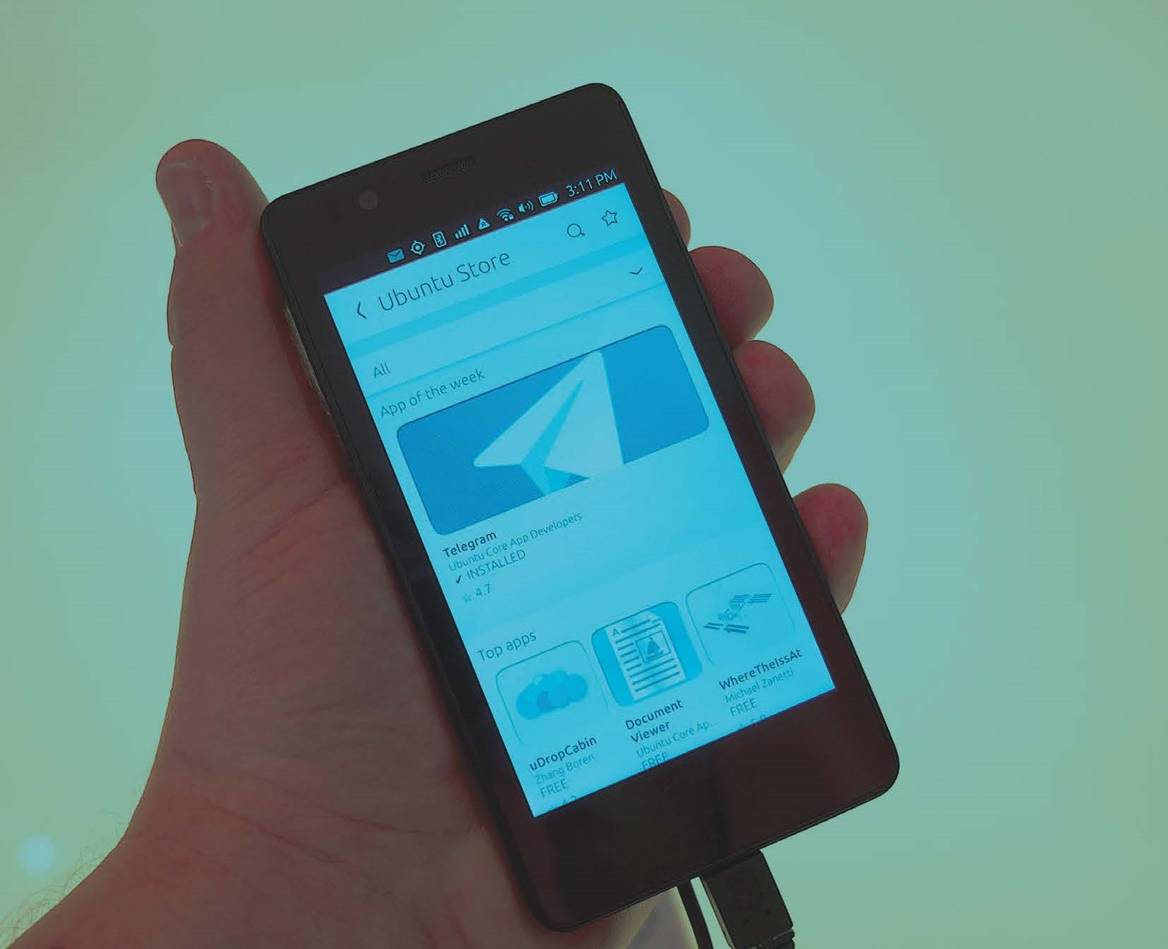The Evolution of Online Violent Extremism in Indonesia and the Philippines
This paper outlines the evolving use of online platforms by pro-Daesh groups in Indonesia and the Philippines and how this has enabled extremists to develop and strengthen their networks.
Global Research Network on Terrorism and Technology Paper
Pro-Daesh (also known as the Islamic State of Iraq and Syria, ISIS) groups in Indonesia and the Philippines have come to rely on social media for propaganda, fundraising and disseminating instructional material, but in different ways. While Indonesian online extremism has deep roots, with local networks exploiting various online platforms over the past decade, extremist social media in the Philippines only really took off as a consequence of the May 2017 siege in the southern Philippine city of Marawi by pro-Daesh militants.
This paper outlines the evolving use of online platforms by pro-Daesh groups in both countries and how this has enabled extremists to develop and strengthen their networks. Social media and encrypted chat apps have shaped the development of extremism in Indonesia and the Philippines in four main areas: branding, recruitment, fundraising, and the increasing role of women. For groups in the Philippines, direct communication with Daesh headquarters via Telegram facilitated their rebranding as the face of Daesh in Southeast Asia, more than just a local insurgency group. In both countries, social media facilitates vertical and horizontal recruitment, but not lone-actor terrorism. Extremist use of the internet for fundraising is still rudimentary – sophisticated financial cybercrime is still virtually non-existent. In all these aspects, women’s roles have become much more visible. For a long time, women had been barred from accessing extremist public spaces, let alone taking an active role as combatants. But through social media, women are now able to play more active roles as propagandists, recruiters, financiers, and even suicide bombers.
This paper briefly discusses government responses to online extremism, noting that there have been mixed results between Indonesia and the Philippines. Indonesian authorities have undoubtedly been the more successful of the two regimes – both in terms of law enforcement and engagement with the tech sector – but its counterterrorism police now face the problem of how to judiciously use their powers in a democratic manner. The Philippines, meanwhile, is still at the starting line in terms of dealing with online extremism, with the military more accustomed to removing threats than trying to understand them.
Policy Recommendations
- Analysts and policymakers should go beyond identifying new platforms or technology that terrorists might exploit. They should also understand the contextual dynamics that inform how terrorists exploit social media.
- Digital surveillance is useful to an extent; it should be conducted alongside conventional law enforcement and intelligence collection.
- To avoid the misuse of internet content regulations, governments, in partnership with civil society groups, should draw up criteria for how to distinguish legitimate political criticism from hate speech and incitement to violence.
Nava Nuraniyah is an analyst at the Institute for Policy Analysis of Conflict (IPAC) in Jakarta, Indonesia.

